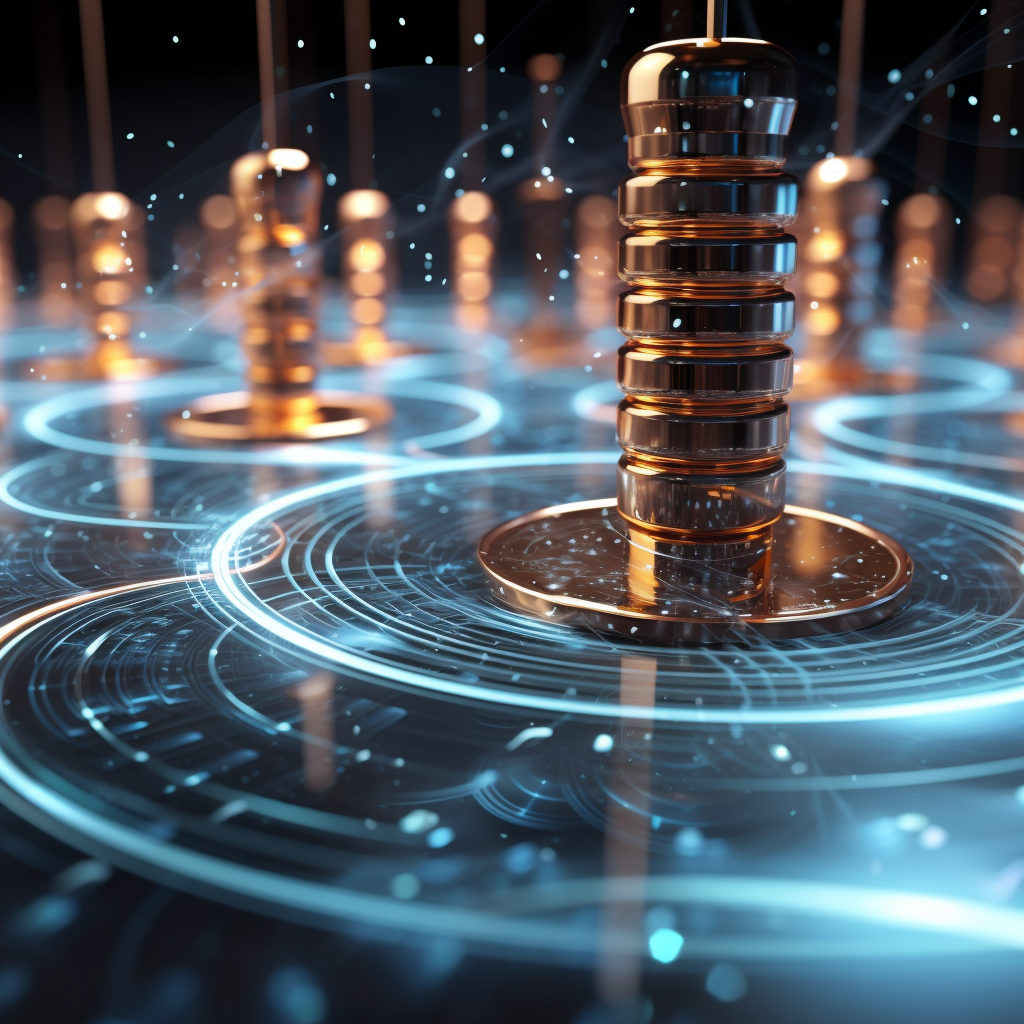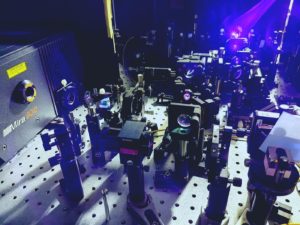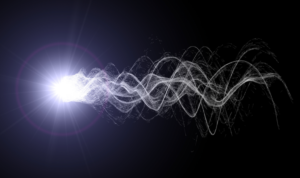Virtual Quantum Resource Distillation (Phys. Rev. Lett. 132, 050203)
Ideal quantum resources, such as Bell States for Entanglement or Magic States of quantum error corrections, are ket to enable useful quantum technologies. However, in many instances, experimental imperfections make it impossible to engineer such states exactly. Quantum resource distillation represents a class protocol aimed to remedy this, converting many copies of imperfect quantum states ... Read moreVirtual Quantum Resource Distillation (Phys. Rev. Lett. 132, 050203)





